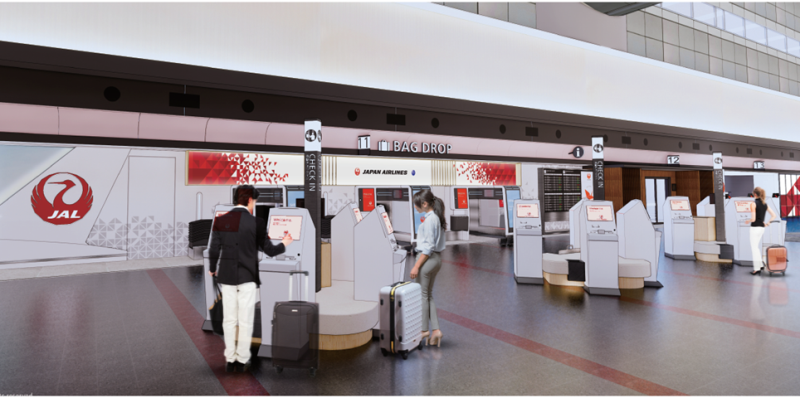
Japanese systems supplier Daifuku has provided self-baggage drop (SBD) stations to Japan Airlines, which were collaboratively developed by both companies.
SBDs allow travellers to check-in their baggage independently by following the instructions available on the screen.
The technology is expected to decrease the time spent waiting in queues compared to traditional check-in counters operated by personnel.
In February, Japan Airlines started the operation of six units at Tokyo’s Haneda Airport Terminal 1 for domestic flights. By the middle of the year, the airline plans to commission 38 units at the terminal.
Daifuku’s airport technologies business has installed various baggage handling systems in around 500 airports worldwide.
In addition to baggage handling systems, Daifuku also offers airport operations and maintenance services.
How well do you really know your competitors?
Access the most comprehensive Company Profiles on the market, powered by GlobalData. Save hours of research. Gain competitive edge.

Thank you!
Your download email will arrive shortly
Not ready to buy yet? Download a free sample
We are confident about the unique quality of our Company Profiles. However, we want you to make the most beneficial decision for your business, so we offer a free sample that you can download by submitting the below form
By GlobalDataIn October, Japan Airlines partnered with Japan Airport Terminal (JAT) to test WHILL’s self-navigating electric wheelchairs at Haneda Airport.
Japan Airlines also announced plans to introduce smart check-in services at Tokyo’s Narita International Airport in 2020 in a bid to reduce the time taken to board a flight.
In August, Daifuku acquired Scarabee Aviation Group and Intersystems (Asia Pacific) to strengthen its digital airport solutions business.
In March, Japan Airlines partnered with tech firm Accenture to introduce an artificial intelligence (AI) service for answering traveller queries at the airline’s check-in counters.







